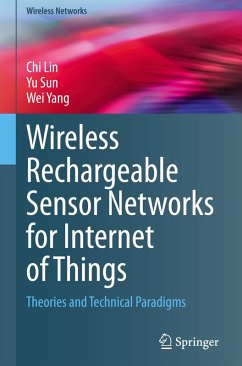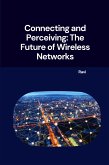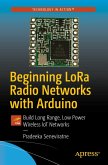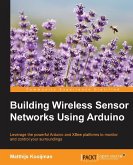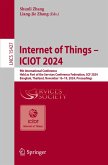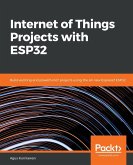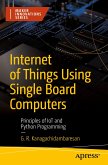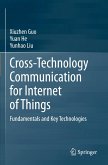In traditional Internet of Things (IoT) systems, sensor nodes are usually powered by batteries, and their limited battery power leads to limited system lifetimes and prevents the large-scale promotion of IoT; this is commonly referred to as the energy bottleneck. The subsequent emergence of Wireless Power Transmission (WPT) technology enables IoT nodes to replenish their energy through wireless charging, giving rise to the novel network paradigm of Wireless Rechargeable Sensor Networks (WRSNs). This has made it possible to solve the IoT energy bottleneck and extend IoT system lifetimes. This book elaborates on the theory and technical paradigms of WRSNs. The topics discussed include the energy efficiency, schedulability and reliability of WRSNs, as well as their potential intersections with other fields. Specifically, this book 1) proposes the theory of optimal scheduling of spatio-temporal correlation power supply for large-scale WRSNs; 2) analyses in depth the shortcomings and hidden risks of existing WRSN hardware and protocols, and proposes the concept of charging attack and the theory of trusted scheduling; and 3) introduces a radio electromagnetic signal propagation model into the design of charging deployment methods in complex environments, revealing a new dimension of charging efficiency optimization. The methods described here will lay the theoretical foundation for extending WRSN lifetimes and provide a new theoretical model for WRSN security and reliability, accelerating the development of these networks from multiple perspectives.
Hinweis: Dieser Artikel kann nur an eine deutsche Lieferadresse ausgeliefert werden.
Hinweis: Dieser Artikel kann nur an eine deutsche Lieferadresse ausgeliefert werden.

